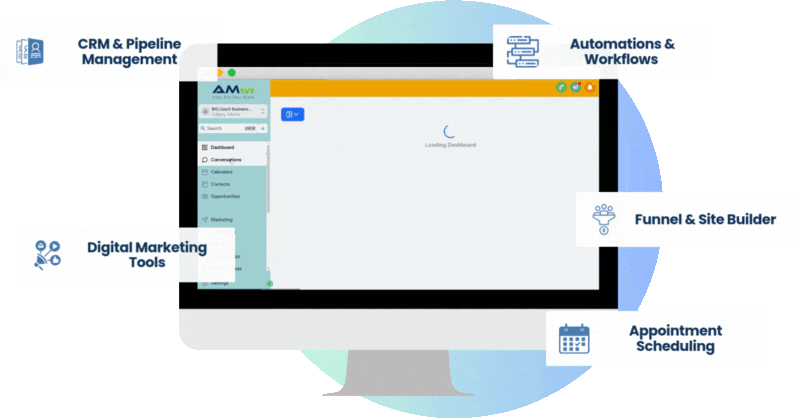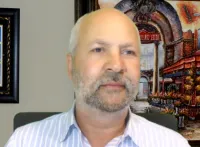Contact Us





Login/Register
Contact Us





Login/Register

Stop Saying Yes, when it's NO!
“The First No Is The Hardest. Stop Lying To Yourself And Others.” - Nagui Bihelek
In the bustling world of business, where every contract, every project, and every task can be pivotal, the pressure to always say "Yes" can be overwhelming. This pressure is not just a minor inconvenience; it's a significant challenge for contractors, service providers, and employees alike. It's also a substantial burden on any business and its leadership team. The consequences of not being able to say "No" when it's the honest answer can be far-reaching, affecting not just the individual but the entire team and the business itself.
Consider the scenario where a small business lands a major contract, one that hinges on the team's ability to deliver what they've agreed to. Now, imagine if one person, in an attempt to please or out of fear of disappointing, lies about their capability to deliver and subsequently fails. The ramifications of such an event on a small business can be nothing short of catastrophic. This is not just about failing to meet a deadline; it's about the long-term damage to the business's reputation, the trust lost between team members, and the potential stability that could have been created for the company and its employees.

So, why do people find themselves saying "Yes" when every fiber of their being knows it should be a "No"? There are several reasons, but let's delve into a couple of significant ones and explore possible solutions.
Firstly, the issue often stems from the top. If leadership has not fostered a safe environment where honesty is encouraged and supported, employees may feel compelled to say "Yes" out of fear of repercussions. For leaders, the solution lies in leading by example. It's crucial to support team members, provide adequate training, and, most importantly, create an environment where saying "No" is not seen as a failure but as an honest assessment of one's capabilities.
Secondly, the desperate need for a job, wage, or sale can cloud judgment. The immediate need or desire can make saying "Yes" seem like the only option. However, it's vital to consider the long-term consequences. Losing the trust of a client or boss, damaging one's reputation, and the long-term ramifications of these actions can be far worse than the temporary discomfort of saying "No." A negative reputation, once established, is incredibly hard to recover from.

The truth is, honesty is always the best policy, both in personal and professional settings. The short-term discomfort of saying "No" pales in comparison to the long-term consequences of saying "Yes" when you should have said "No." The damage to one's reputation, the trust lost among team members, and the potential harm to the business are all too significant to ignore.
So, how can one improve and succeed in being honest and setting realistic boundaries? Here are some recommended steps:
1. Reflect Before Responding: Take a moment to truly assess whether you can deliver on what's being asked before answering.
2. Communicate Clearly: If the answer is "No," communicate it clearly and respectfully. Offer an explanation if appropriate, but remember, "No" is a complete sentence.
3. Offer Alternatives: When possible, offer alternatives or solutions. Saying "No" doesn't mean you're not helpful; it means you're being honest about your capabilities.
4. Seek Support: If you're unsure, seek advice from a mentor or colleague. Sometimes, a second opinion can provide clarity.
5. Practice Self-Care: Remember, saying "No" is also a form of self-care. Overcommitting can lead to burnout and affect your health and well-being.
In conclusion, the ability to say "No" is not just about avoiding overcommitment; it's about integrity, honesty, and the long-term health of both the individual and the business. It's about building a reputation of reliability and trustworthiness. The path to success, both personally and professionally, is paved with honesty, clear communication, and the courage to admit when something is not within your capabilities.
Subscribe to our Newsletter!
Get the latest insights on coaching, behavior intelligence, & leadership.
Copyright 2025 • All Rights Reserved
Behavior Intelligence Organization is a Division of NLP Profiles Inc.
Terms of Use | Privacy Policy
Subscribe to our Newsletter!
Get the latest insights on coaching, behavior intelligence, & leadership.
Copyright 2025 • All Rights Reserved
Behavior Intelligence Organization is a Division of NLP Profiles Inc.
Terms of Use | Privacy Policy










